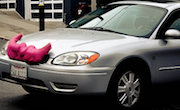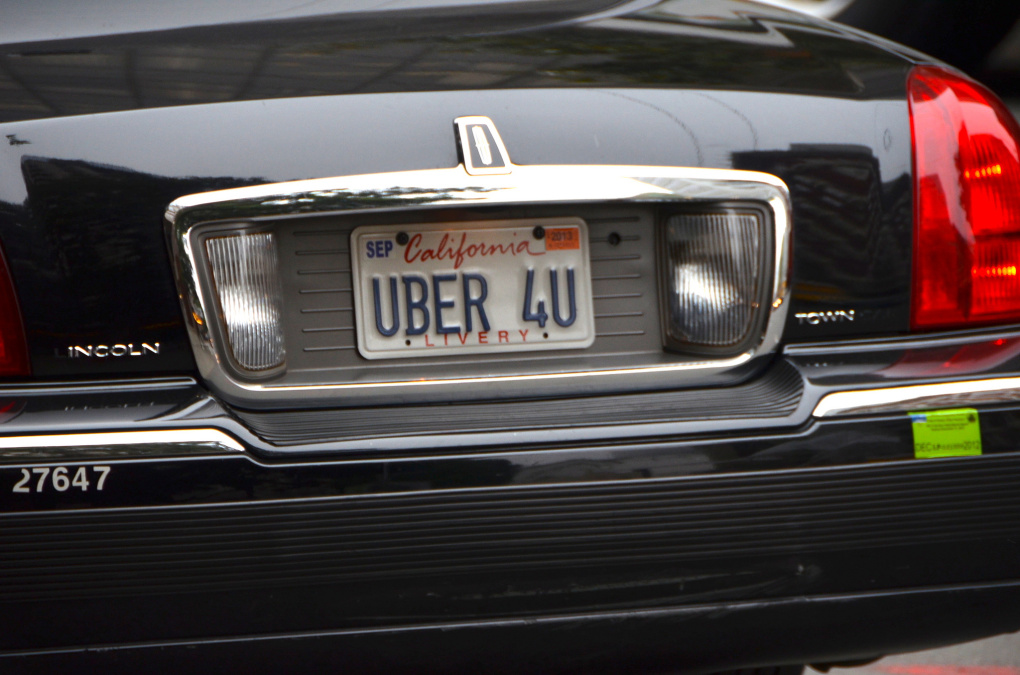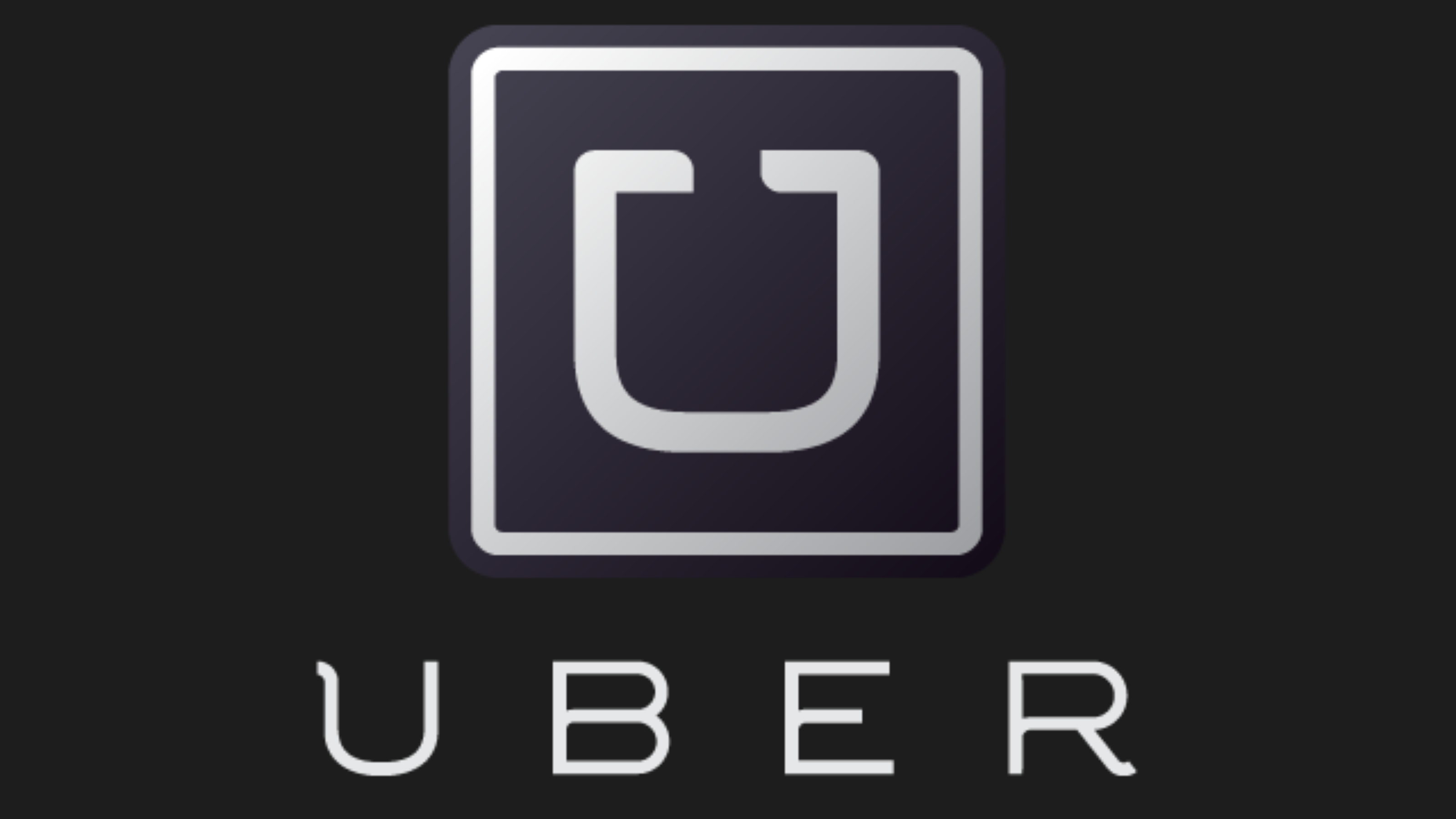For the better part of three years, Uber drivers have sparred with the ride-sharing company over the status of their employment: are they independent contractor or actual employees? Today, Uber has agreed to settle two lawsuits over the issue, paying up to $100 million to the drivers who will remain independent contractors. [More]
misclassified employees

Lyft Will Pay California Drivers Total Of $12.25M, Still Won’t Call Them Employees
The companies operating the two largest ride-hailing fleets, Uber and Lyft, both have lawsuits against them in California where drivers seek “employee” status. The lawsuit against Lyft has been settled, but only one part of it: the company has agreed not to terminate drivers without giving them a reason why, but will not grant them minimum wage, overtime pay, vehicle expense reimbursement, or any other benefits that they would get as employees. [More]

Amazon ‘Prime Now’ Drivers In Arizona Sue Company For Misclassification, Wage Theft
Last year, a group of delivery drivers for Amazon’s Prime Now service who worked through third-party services sued Amazon and their employers in California. Now a group of couriers in Phoenix, Arizona are doing the same, pointing out that being required to wear Prime Now uniforms, ask customers to take Amazon surveys, and work fixed hours from an Amazon warehouse should have made them employees of the mega-e-tailer, not independent subcontractors. [More]

The Uber Misclassified Employee Lawsuit Is Now A California Class Action
While class action lawsuits can be an effective consumer remedy, they are not a quick one. Former drivers for ride-hailing service Uber first filed a class action on behalf of all California drivers in 2013, and it has just now been certified as a class action. The original lawsuit alleges that drivers for Uber are misclassified employees, who should have their vehicle expenses covered by their “employer,” Uber. [More]

Instacart Gives Shoppers Employee Status, Says It’s To Improve Customer Experience
App-based, on-demand services make it easy to order a variety of products and services, and many of the workers who bring you those services are full- or part-time contractors. Some companies, like on-demand ride providers Uber and Lyft, are actively fighting in court to not be forced to give their workers “employee” status. Another company, shopping service Instacart, is proactively making their grocery pickers in some states employees. [More]


